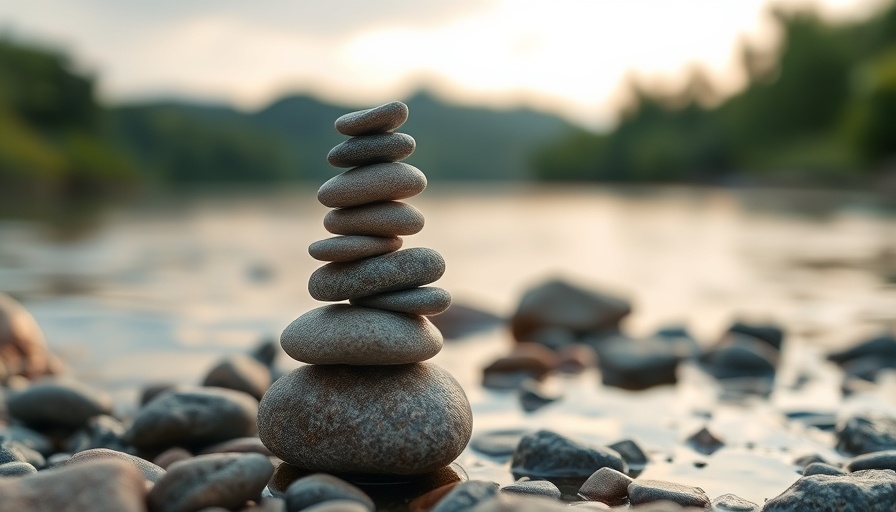
Finding the Balance: Enjoying Vacation While Staying Healthy
Vacations are a time to unwind, explore new food, and embrace different cultures. However, this often leads to indulgent eating and a more sedentary lifestyle, resulting in feelings of bloating and fatigue. The key is finding a balance that allows you to enjoy yourself while still keeping your health a priority. Below are some practical tips on how to maintain a healthy lifestyle while on vacation, without sacrificing the joy of your getaway.
1. Embrace Moderation: Enjoying Indulgences Economically
When you’re on vacation, it’s easy to give yourself a free pass to indulge every day. While treating yourself occasionally to fries or ice cream is perfectly fine, it’s important to set boundaries. Consider filling your plate with smaller portions of treats and complementing them with healthier options like fruits or veggies. Take advantage of fresh, local produce which can often be more flavorful and satisfying than processed snacks.
2. Keep Moving: Fun Ways to Stay Active
Although lounging on the beach is appealing, finding opportunities to be active can redefine your vacation experience. Engage in activities that incorporate exercise without feeling like a chore—take a scenic hike, rent a bike, or try swimming in the ocean. These activities not only keep you active but also allow you to explore the beauty of your surroundings in a unique way. Making fitness a part of your vacation can elevate your mood and energy levels.
3. Hydration: The Key to Staying Energized
Staying hydrated is crucial, especially in warm climates where you might get dehydrated more quickly. Opt for water-rich foods like watermelon or cucumbers in addition to drinking plenty of water. Keeping your hydration levels in check can help you feel more energized and less prone to fatigue and headaches often associated with travel.
4. Eat Mindfully: Savor Your Meals
Eating mindfully not only enhances your dining experience but can also help you stop eating when you are full. Take your time with meals, appreciate the flavors, and engage in conversations without distractions from screens. This practice can help you consume less overall while enjoying your food more.
5. Plan for Snacks: Healthy Options On the Go
When touring or exploring, it can be tempting to grab quick snacks that offer little nutritional value. Instead, pack healthy snacks like nuts, yogurt, or energy bars that will keep you satisfied without weighing you down. These easy-to-pack options can sustain your energy while mitigating the temptation to splurge on unhealthy convenience foods.
6. Explore Local Cuisine: Healthy Choices Abroad
One of the joys of traveling is experiencing local cuisine. Look for restaurants that focus on fresh ingredients, and consider opting for grilled over fried options. Many cultures embrace healthy cooking methods; tapping into local traditions allows you to enjoy healthy meals that are different from your everyday food.
7. Prioritize Sleep: Rest for Recovery
Don't underestimate the importance of sleep while traveling. Quality rest is essential for recovery, helping you feel revitalized to take on new adventures each day. Aim for a consistent sleep schedule even on vacation to ensure you're restored for all the excursions ahead.
8. Embrace Flexibility: Adapt Your Routine
While it’s important to have goals for health during your trip, it's just as important to be flexible. If your plans change or you indulge today, as long as you return to healthy practices tomorrow, you’re doing great. Balance is the ultimate goal.
9. Engage with Locals: Healthy Living Advice
Don’t hesitate to chat with locals about their healthy lifestyle choices. They might suggest local dishes or activities that you wouldn't find in a travel guide. This not only broadens your culinary horizons but can also foster connections that enrich your travel experience.
10. Reflect: Reconnecting with Your Goals
Take time each day to reflect on your journey—how you feel physically and emotionally. This is key to understanding how to navigate your next meals or activities. Documenting your experience can not only serve as a memento but remind you of your healthy practices and goals for the future.
In conclusion, by integrating small, sustainable habits into your vacation routine, you can enjoy your trip while maintaining your well-being. Remember, the key is balance—allow yourself to indulge while also respecting your body’s needs. So pack your bags, enjoy the local flavors, and soak in all the incredible experiences awaiting you.
 Rij toevoegen
Rij toevoegen






Write A Comment